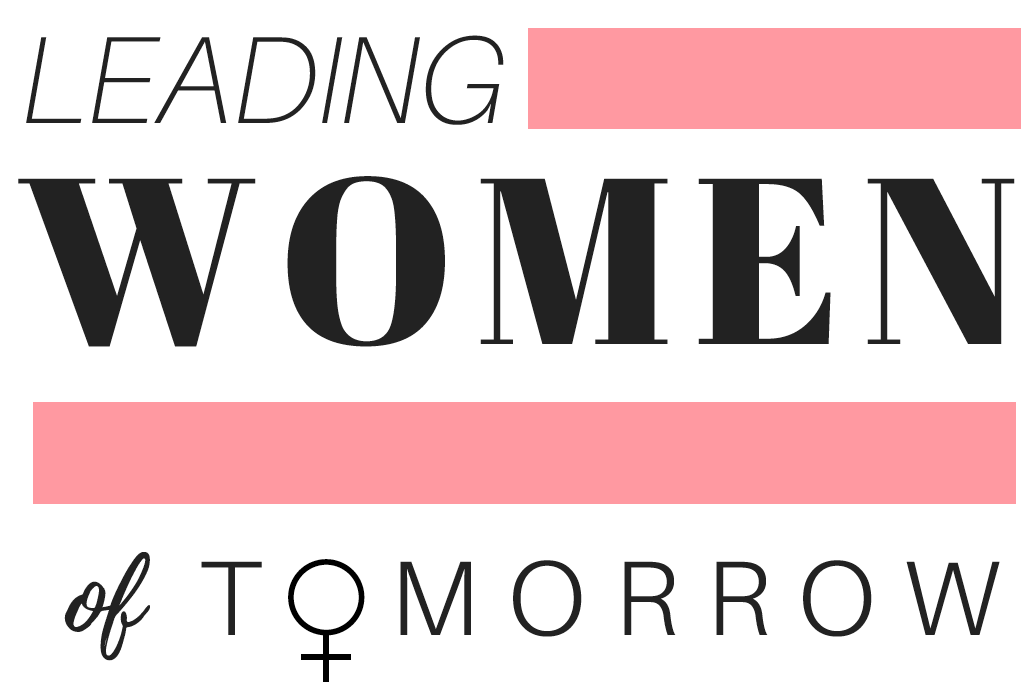Referendum 88, Female Representation, and Beyond: Washington State Politics in 2019
2019 was a year of give and take in the realm of Washington State politics. On one hand, Referendum 88 (the vote on Initiative 1000) was defeated, leaving the future of the state uncertain when it comes to representing women and historically-oppressed minorities in the public workplace. Conversely, various grassroots organizations continue to fight for socio-economic equality for all, with many fostering support for women who want to pursue careers in politics. Since 2019 saw more Washington State women entering public office than ever before, there is hope that, despite the denial of Referendum 88, positive change is on the horizon.
First, we need to examine the different factors that impacted Washington State politics the most in 2019, most of which reflected metrics from the previous fiscal year. For instance, we’re seeing a growing disparity in the gender wage gap. The U.S. Bureau of Labor Statistics in 2018 revealed that Washington State women only made 75.4% of what men make. That means a woman’s median weekly salary reflects $860 compared to a man’s $1,140. These statistics are especially troubling because 2018 saw the passage of the Equal Pay Opportunity Act, which allowed women to ask employers about their salaries without fear of retaliation.
Additionally, the Washington State Office of Minority Women’s Business Enterprises reported that in between 1998 and 2018, the percentage of “expenditures by state agencies and educational institutions [that] went toward certified minority- and women-owned businesses” decreased from 13.31% to 3.6%, an all-time low for the state (Crosscut News). With only 20.1% of all executive branch positions in Washington State being people of color and/or people with disabilities (Office of Financial Management), there is a fear of a lack of resources and funding being provided for minorities and underrepresented groups who need it. That is why it was so crucial for Referendum 88 to pass, but its denial left the future of affirmative action in Washington State uncertain.
Despite Washington State being largely liberal, it is one of the only four states in America who ban “race-conscious diversity programs”, initiatives that allow factors such as age, gender and race to be considered in order to increase diversity in all aspects of public life (The New York Times). Referendum 88 (a veto referendum on Washington Initiative 1000), would’ve amended that, permitting affirmative action to be utilized in the public workplace, contracting, and educational services without preferential treatment. It would’ve been a huge leap forward for affirmative action, and a way to ensure that women and minorities would be on an equal playing field with historically-privileged groups when being considered for employment/educational opportunities. However, on November 5, 2019, Referendum 88 was narrowly defeated, with a reject vote of 50.56% winning out against an approval vote of 49.44% (Ballotpedia). In all likelihood, this defeat means that the Washington State Legislature won’t attempt to pass another venture to lessen the affirmative action ban in 2020, leaving many pro-affirmative action legislators worried that the ban won’t ever be lifted.
However, there is still hope. While affirmative action is still banned in Washington, lawmakers somewhat agree that initiatives working to minimize workplace bias should be encouraged, such as through educational and outreach programs. In addition, there are a multitude of grassroots organizations in Washington State that are carrying on the mission of I-1000. One in particular, 100% Talent, is a regional initiative that is determined to closing the gender wage gap, by encouraging a membership system of major corporations in Washington State (such as Microsoft, Amazon, and Starbucks) to employ ethical practices that improve gender disparities within the workplace. On top of that, there is also a spike in female leadership, in both executive positions (with an all-time high percentage of 53.4% in Fiscal Year 2020), and in public office, with 43% of all legislative seats in Washington are occupied by women (National Women’s Political Caucus of Washington State).
In the end, it’s safe to say that it’s not too late to encourage ethical equity in Washington State.

